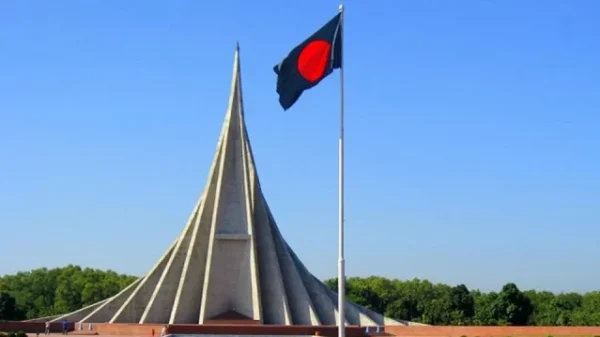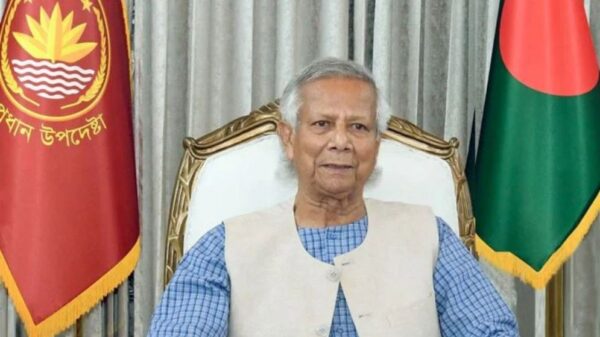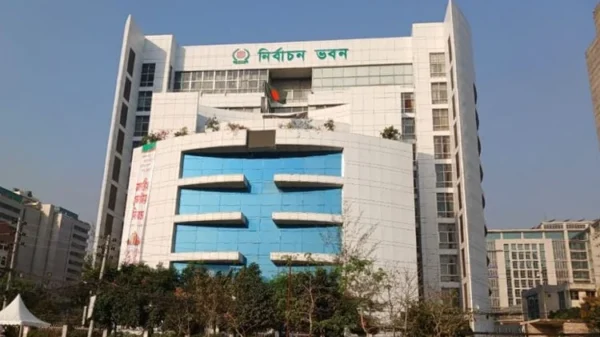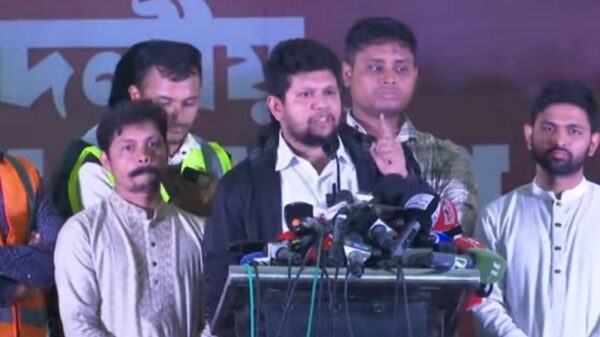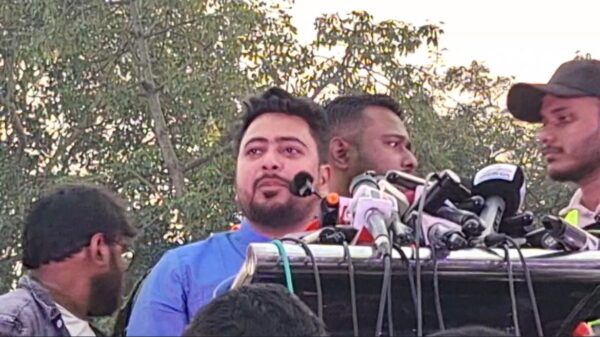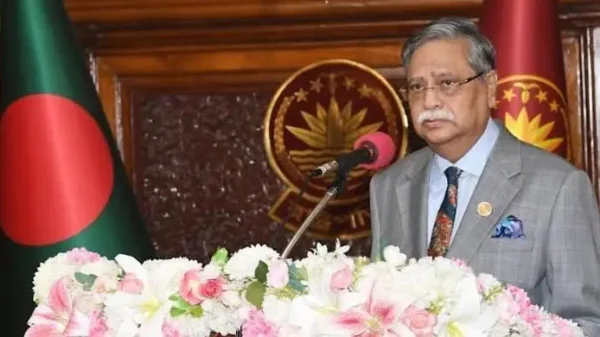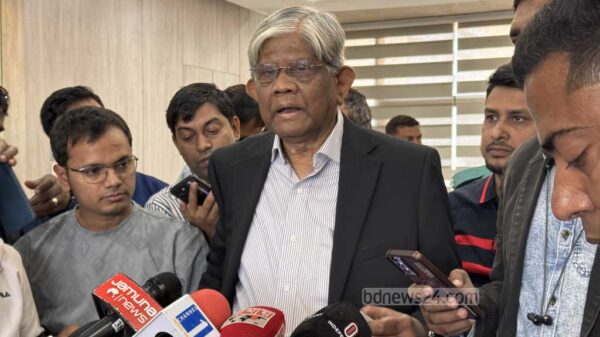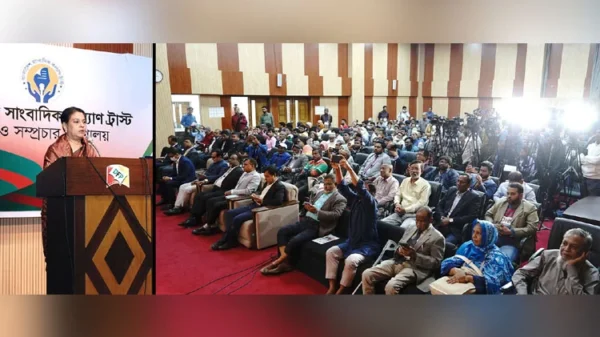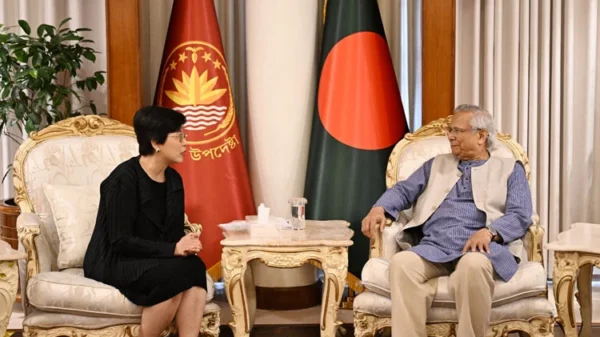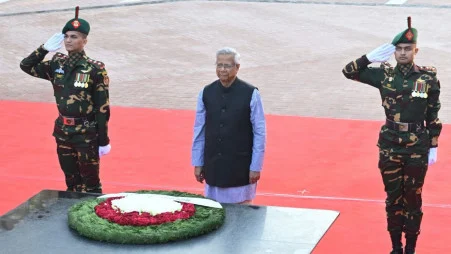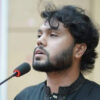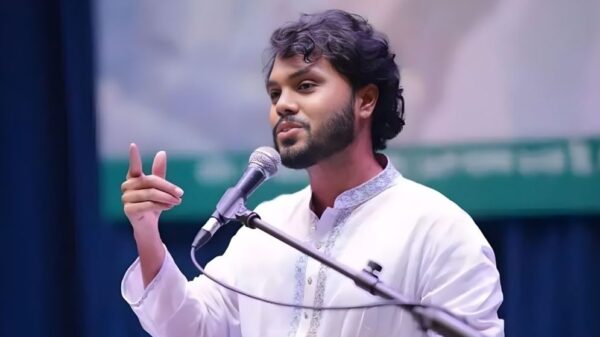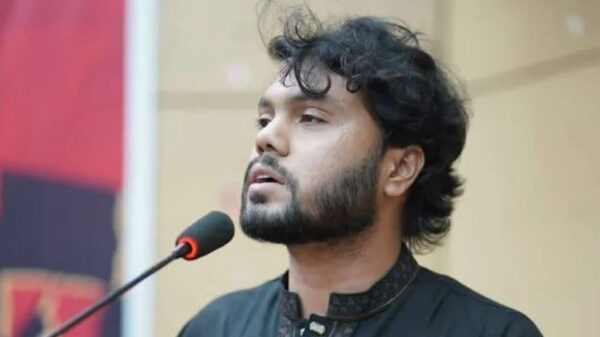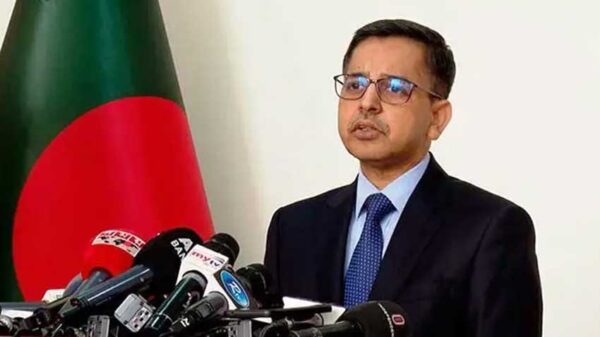Staff Reporter:
Dhaka South City Corporation (DSCC) Mayor Barrister Sheikh Fazle Noor Taposh said he expected a responsible role from all stakeholders to protect the people of Dhaka from the outbreak of dengue dis-ease by destroying the breeding grounds of Aedes mosquito.
He said this while addressing a meeting with stakeholders concerned on ‘Prevention of Aedes Mosquito Borne Dengue and Chikungunya Disease’ at Mayor Hanif Auditorium of Nagar Bhaban on Tuesday.
Referring to the officials of different ministries, departments and agencies, DSCC Mayor said: “You must be aware that we find mosquito larvae in almost 100 per cent of the under-construction buildings. In particular, water accumulates in other infrastructure, including reservoirs. We want you to properly monitor those under-construction buildings and structures so that they do not become breeding grounds for Aedes.”
Mayor Taposh said the most effective way to tackle Dengue and Chikungunya is to eradicate the source of those diseases – which is the breeding ground of Aedes.
“Dengue and chikungunya are caused by Aedes mosquitoes which often lead to loss of life. That is why a large part of our mosquito control program is to prevent this dengue disease, prevent the spread of the Aedes mosquito.”
In the meeting, Taposh said that a four-month mobile court will be run from June 15 to control Aedes mosquitoes and a three-month-long central control room will be established from July 15.
Among others, Chief Executive Officer of The City Corporation Md. Mizanur Rahman delivered the welcome speech. Dhaka Divisional Medical Officer of Railways Dr Ripon Das, Rehab Vice President Sohel Rana, Assistant Proctor of Dhaka University Dr. Md. Hasan Faruk, Assistant Proctor of Jagannath University Newton Hawlader, among others, presented the initiatives taken by their respective organiza-tions to control Aedes.
According to information provided by the Acting Chief Health Officer of the DSCC Dr Fazle Shamsul Kabir, of the total 1,487 dengue patients identified so far this year, 232 are from areas under Dhaka South City Corporation. That’s less than 16 percent.


